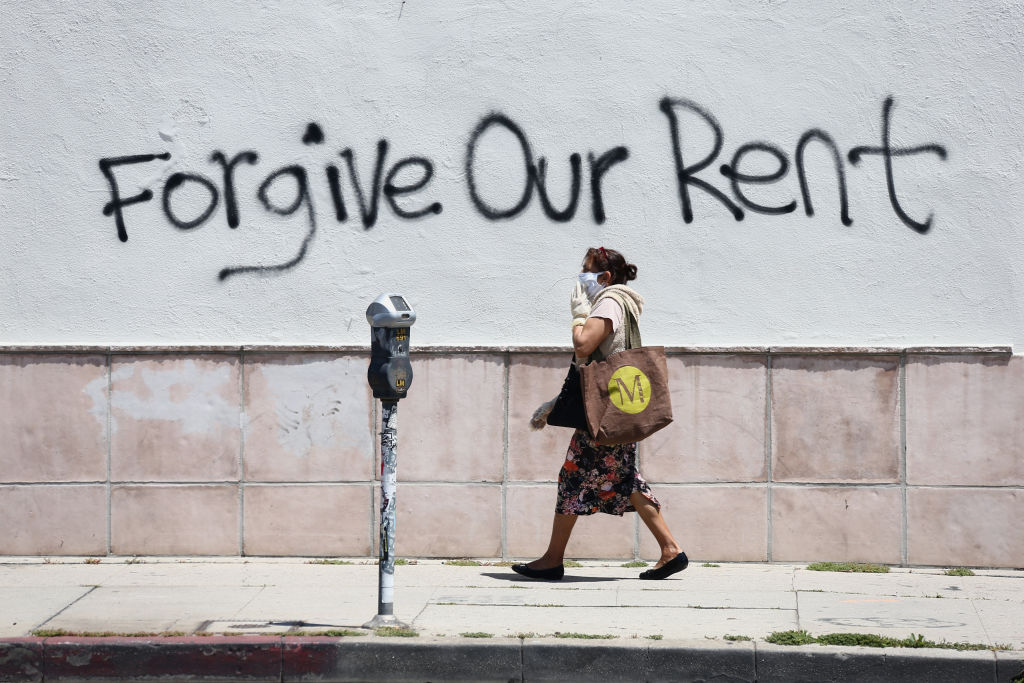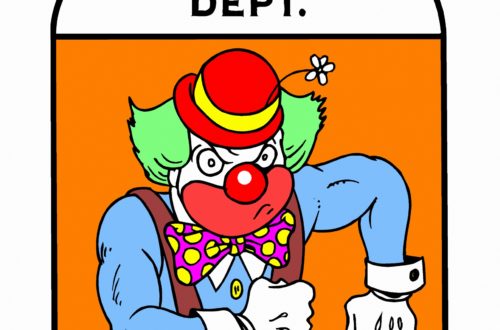Beginning September 4, 2020 and lasting through the end of the year, the Centers for Disease Control and Prevention (“CDC”) announced a national moratorium on evictions in response to the COVID-19 pandemic. The moratorium is not automatic for all renters, however, and those eligible must sign and deliver to their landlords a declaration under penalty of perjury (which can be found here). To qualify, renters must attest:
- They make less than $99,000 annually ($198,000 if filing jointly) or were not required to report any income in 2019;
- They tried, but were unable, to acquire government assistance for help paying rent;
- They cannot pay rent due to substantial loss of income or extraordinary medical expenses; and
- They are using their best efforts to make full or partial rent payments and will likely become homeless if evicted because they have no other reasonably available housing options.
The moratorium does not forgive or reduce rent, penalties, or late fees that would otherwise be owed and renters remain responsible for any outstanding balances. The CDC estimates this could apply to as many as 40 million Americans (or, according to the Public News Service, 700,000 North Carolinians), so it may be a short-term fix that results in a wave of evictions beginning in January 2021.
The moratorium only applies to the rent provisions in leases, and tenants may still be evicted on other grounds, such as criminal activity, damaging or posing a significant risk of damage to the property, or violating other lease requirements.
If you have questions about a residential or commercial lease, please call us at (704) 457-1010 to schedule a consultation. For more information regarding our firm, attorneys, and practice areas, please visit https://lindleylawoffice.com/.



